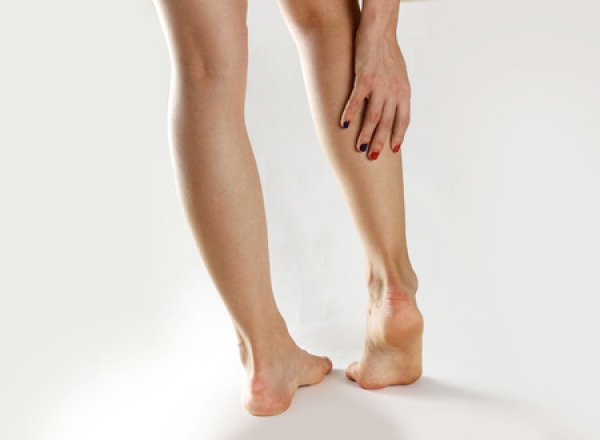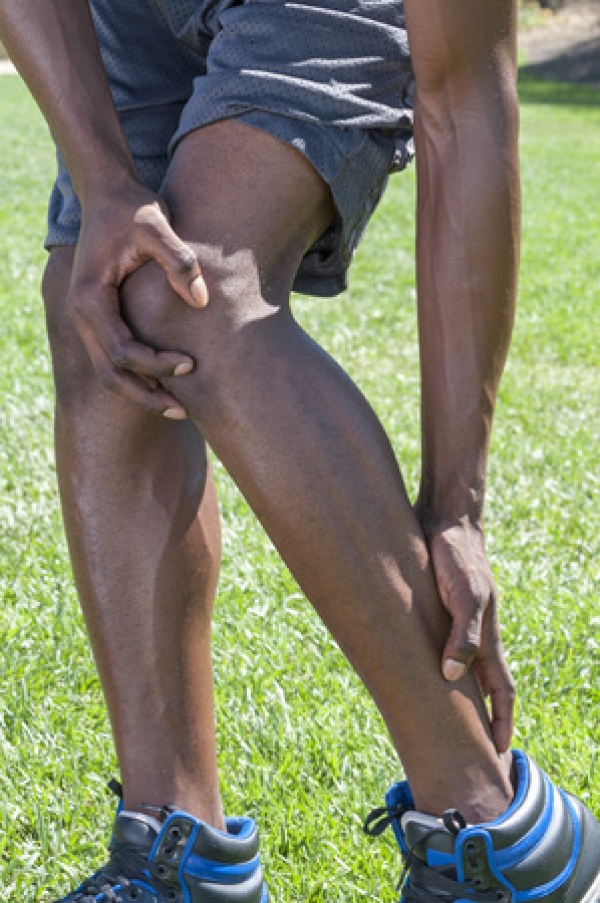Connect With Us
Blogs

Leg Conditions (2)
At Superior Foot & Ankle Care Center a condition that we frequently see in both experienced athlete’s and “weekend warriors” is Achilles tendonitis. The Achilles tendon, also known as the heel cord, is a band of tissue that runs down the back of your lower leg, connecting your calf muscle to your heel bone. Although it is the strongest tendon in the body, it is also one of the most frequently injured. Inflammation of the Achilles tendon, known as Achilles tendonitis is an overuse injury which is caused by putting too much stress on the tendon too abruptly. If left untreated, the ongoing stress to the tendon prevents the body from repairing the injured tissue and the result is a continued pain. Below are some strategies for avoiding this common podiatric disorder:
- Slow and steady wins the race. And, it helps prevent Achilles tendonitis, too. If you have been inactive for a period of time and wish to resume or start a new exercise program, begin slowly. Gradually increase the length and intensity of your activity.
- Don’t choose pain before gain. Even experienced athletes can experience Achilles distress if they decide to significantly increase the difficulty of their workout. Running hills and stair climbing puts particular strain on the Achilles tendon and should not be suddenly increased.
- Stretch it out. One of the best ways for anyone to head off an Achilles tendon problem is by stretching. Exercises that specifically help to stretch and strengthen your calf muscles will help avoid tendonitis.
- Get some support. Patients with flat feet have a higher risk for Achilles tendonitis because as the arch flattens it increases the strain on the Achilles tendon and calf muscles. Be sure the shoes you wear (both on and off the field) have adequate arch support. Our podiatrists, Dr. Victoria Foley, and Dr. Constance Omelas may suggest a custom orthotic device to wear in your shoes for added support.
If you are experiencing soreness, aching or stiffness anywhere along your Achilles tendon, contact our Long Beach office (562-420-9800) to get it evaluated.
One of the trickier areas to diagnose that we see at Superior Foot & Ankle Care Center is pain in the calf. This symptom can point to a variety of disorders, some more serious than others. The only way to definitively find out what’s causing the pain is to make an appointment at our Long Beach office. Our podiatrists, Dr. Victoria Foley and Dr. Constance Omelas will do a complete lower extremity examination and also get your medical history to help track down the source of calf pain. Some possibilities include:
Exercise or Injury—the most obvious and least threatening cause of calf pain is muscle pain due to exercise. If you have recently started a new fitness routine or sport, some soreness may be normal. Pain that lasts more than a few days, however, or that is severe requires medical attention. Injuries to calf muscles or to the Achilles tendon are possible in cases where patients do too much too soon or suddenly ramp up their exercise program.
Dehydration—did you know that most of us are walking around in a state of chronic dehydration? Unless you drink half your body weight in water each day, you may be among the dehydrated. With extra sweating in the summer months the risk increases. One of the signs of dehydration is cramping in the calf. Sometimes cramps will occur at night and wake you up.
Other Foot Disorders—sometimes a pain in the calf is not about the calf at all. It can be a symptom of a foot or ankle problem such as flat feet or Equinus.
Deep Vein Thrombosis (DVT)—this is a blood clot that forms deep in the calf. It is more common if you have had surgery recently or been on an airplane. This is a potentially dangerous condition and if you believe there is any possibility of DVT you should contact the foot doctor immediately.
Peripheral Vascular Disease—poor circulation to the legs and feet, which are characteristic of this disease (and other conditions, such as diabetes, that affect the circulatory system), can result in calf pain, especially when you sit with your legs up or when walking.
If you have been experiencing consistent calf pain, contact us by calling: 562-420-9800.


